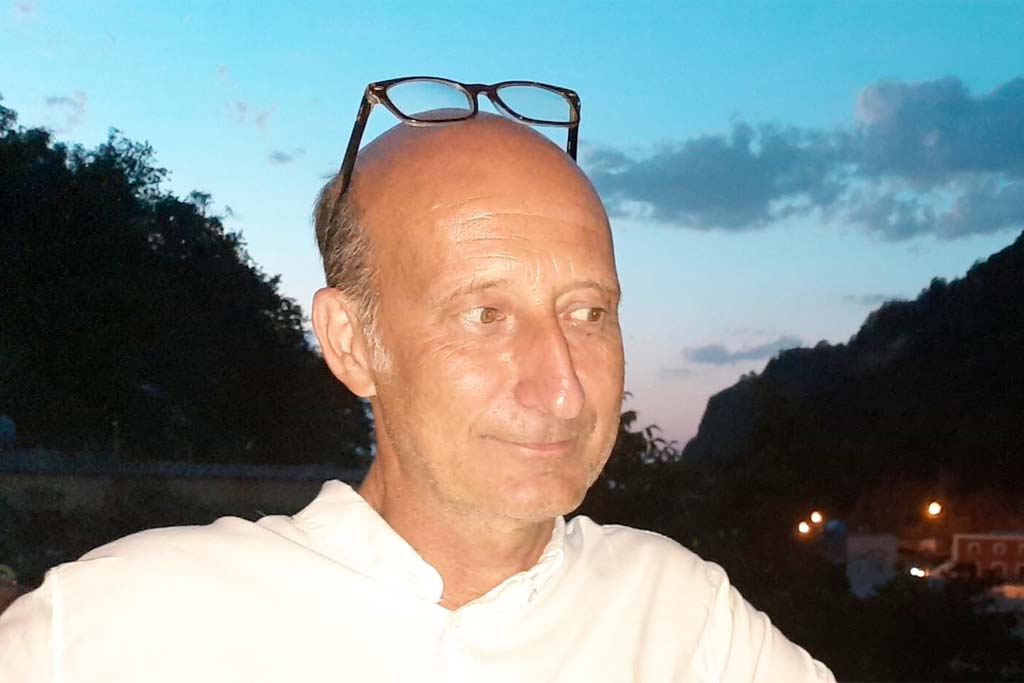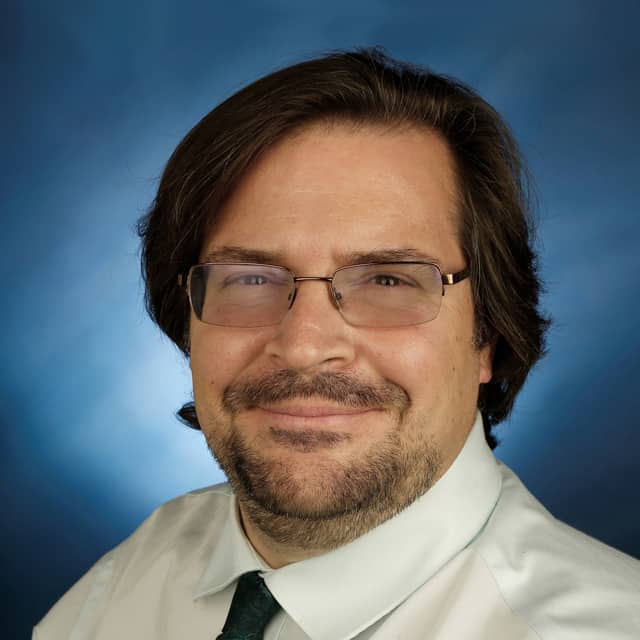
Daniel Geller, MD
Dr. Daniel Geller is a Developmental Pediatrician and Child Psychiatrist with a focus on anxiety and tic disorders and Obsessive Compulsive Disorder. He is a psychopharmacologist active in research into causes and treatment of pediatric OCD and tics.
PANS and PANDAS: An Interview with Dr. Dan Geller, Director Pediatric OCD and Tic Disorder Clinic at Massachusetts General
Thank you to Dr. Geller for allowing Neuroimmune Foundation director and founder, Anna Conkey, to interview him.
How did you first learn of PANS and what motivated you to begin treating children with PANS?
I began with PANDAS in the early 2000’s. In summer 2010 there was a white paper meeting at NIMH in DC where PANS was established as an entity to capture non-strep cases by agreement of the experts.
How do you determine which patients with PANS would benefits from psychiatric medications versus antibiotics, IVIG, etc., and when to begin each treatment?
If there were no premorbid psychiatric issues, it suggests more of a post infectious cause and we use anti-invective and anti-inflammatory agents first. Then we see what does not respond to that intervention prior to considering psych meds. Also the level of severity may require an earlier intervention.
Is there a particular class of psychotropic medication that tends to be more effective in children with PANS?
No, but some may be less effective.
Are there any anomalies you see when treating children with PANS with psychotropic medications?
I have not seen that despite reports to that effect.
Have you treated any patients with longstanding diagnoses of bipolar, schizophrenia, depression, or any mood disorders whose symptoms resolved with immunomodulatory therapies?
Yes with depression and anxiety but not longstanding psychosis. It may be too late to capture those with immune treatments.
There is increasing evidence that many psychiatric issues may be immune-mediated or driven by inflammation. How do you think the field of psychiatry will change over the next twenty years?
That is a great question. In my opinion, a great deal will change and the evidence is accruing gradually.








